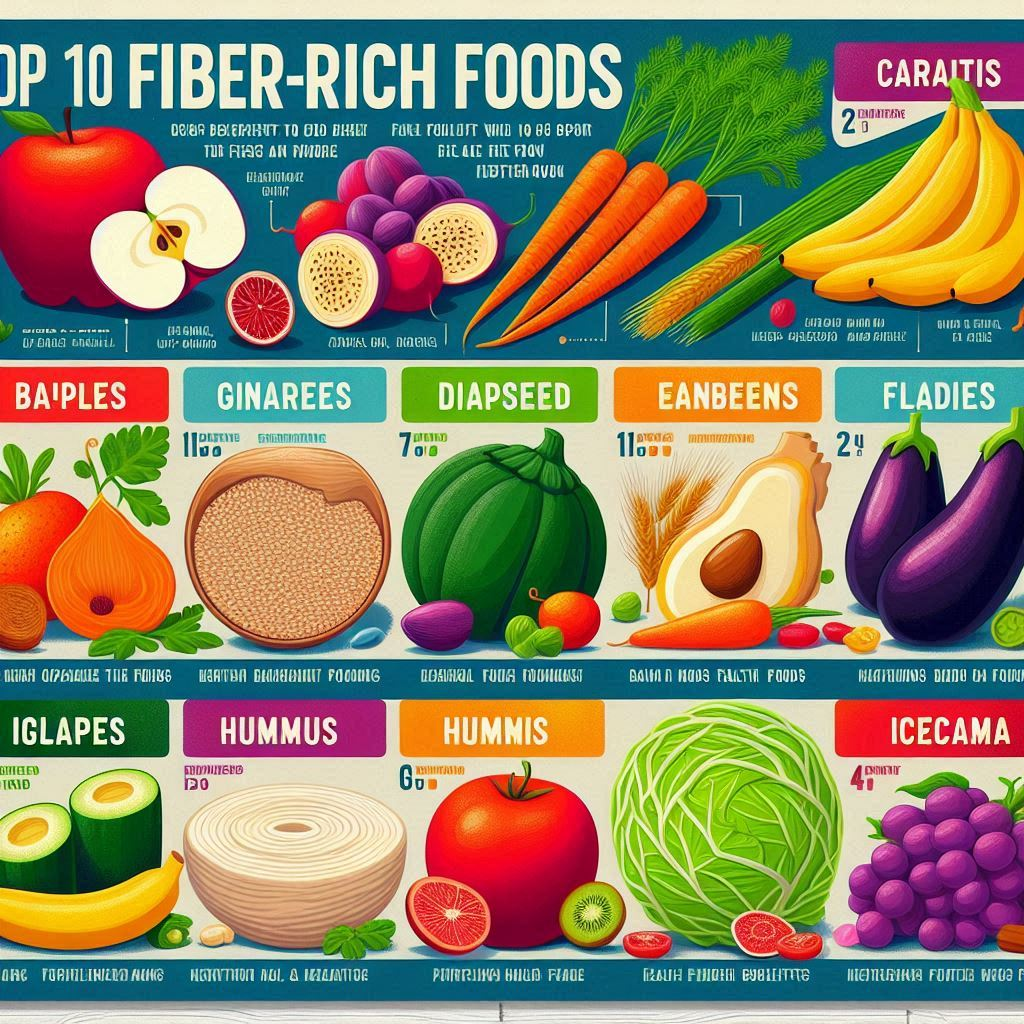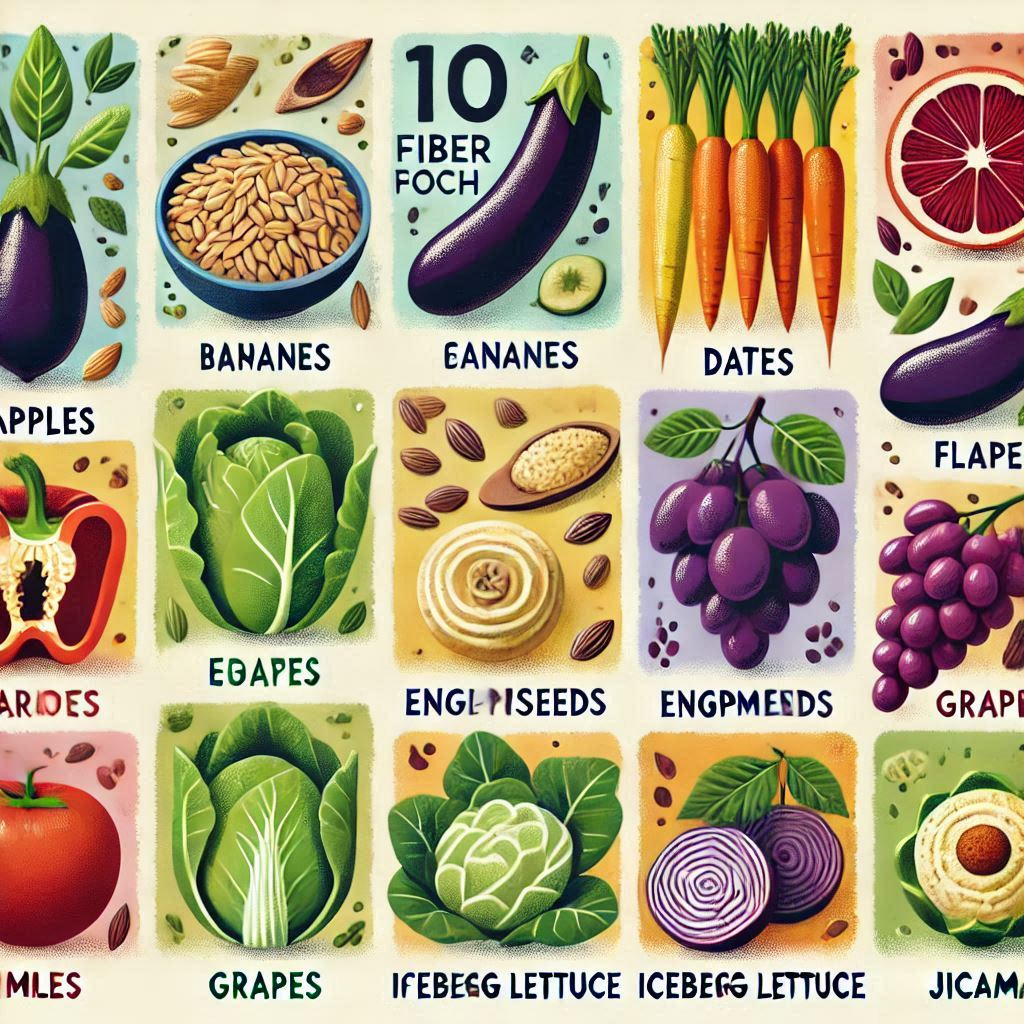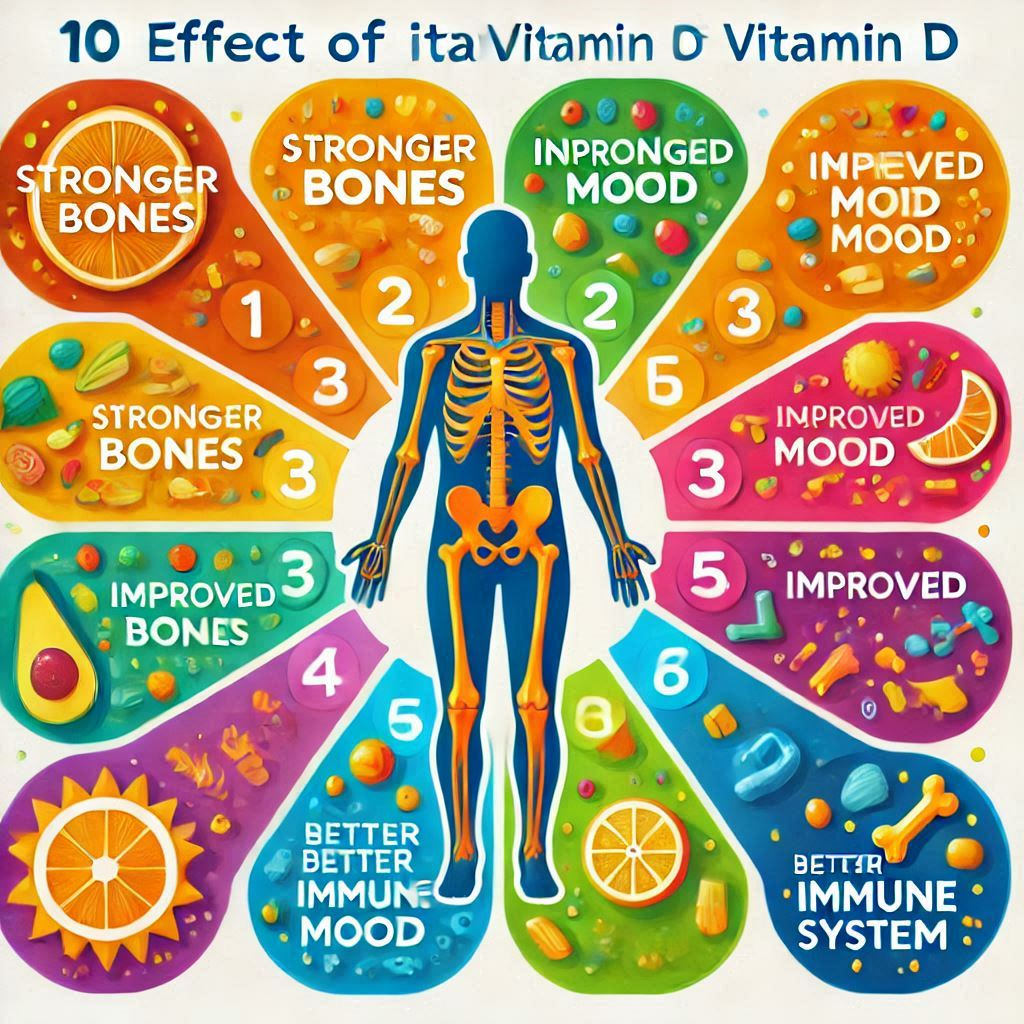
8 Amazing High-Fiber Fruits for Better Gut Health!
Discover eight amazing fiber fruits packed with fiber for improved digestion and overall gut health. Boost your diet today!

Understanding Gut Health and the Role of Fiber
Gut health refers to the well-being of the gastrointestinal tract, which plays a crucial role in digestion, absorption of nutrients, and elimination of waste. A balanced gut microbiome, comprised of trillions of microorganisms, is essential for maintaining gut health. This diverse community of bacteria, fungi, and other microbes aids in digestion, produces vitamins, and protects against harmful pathogens. Disruptions in this microbial balance can lead to various health issues, such as gastrointestinal disorders, obesity, and metabolic diseases.
Dietary fiber is an integral component of nutrition that significantly contributes to gut health. There are two primary types of fiber: soluble and insoluble. Soluble fiber dissolves in water, forming a gel-like substance that can help lower cholesterol levels and stabilize blood sugar. It is found in fruits, vegetables, legumes, and whole grains. Insoluble fiber, on the other hand, adds bulk to the stool and aids in the prevention of constipation, a common digestive complaint. This type of fiber is primarily found in whole grains and the skins of fruits and vegetables.
One of the key benefits of dietary fiber is its ability to support beneficial bacteria within the gut. Prebiotic fibers serve as food for these healthy microbes, promoting their growth and activity. In turn, a thriving population of beneficial bacteria aids in digestion and enhances the immune system. Experts recommend that adults consume at least 25 to 30 grams of fiber daily for optimal gut health.
Fruits are an excellent source of fiber and can help individuals meet their daily intake requirements. Incorporating high-fiber fruits into one’s diet not only supports gut health but also contributes to overall well-being. By making informed dietary choices, individuals can enhance their digestive system, thus promoting a healthier lifestyle.
Top 8 High-Fiber Fruits for Gut Health
Incorporating high-fiber fruits into your diet can significantly enhance gut health. Below are eight fruits that are particularly known for their fiber content and additional nutritional benefits, promoting a healthy digestive system.
1. Apples: Apples are a convenient and nutritious choice, containing about 4 grams of fiber per medium apple. They are rich in pectin, a type of soluble fiber that helps regulate digestion and maintain gut flora.
2. Pears: Pears are another excellent source of fiber, providing approximately 5 to 6 grams per medium fruit. They contain both soluble and insoluble fiber, aiding in digestion and promoting regular bowel movements.
3. Berries (Raspberries and Blackberries): Berries are not only delicious but also packed with fiber. A cup of raspberries contains about 8 grams, while blackberries provide approximately 7 grams. They are high in antioxidants and promote gut health by supporting healthy gut bacteria.
4. Bananas: Bananas provide about 3 grams of fiber per medium fruit. They are a good source of resistant starch, which aids in digestion and acts as a prebiotic, feeding beneficial gut bacteria.
5. Avocados: Avocados are unique in the fruit category, containing approximately 10 grams of fiber per fruit. They are rich in healthy fats and nutrients, helping to soothe the digestive tract and promote overall gut health.
6. Oranges: Adding an orange to your diet can yield around 3 to 4 grams of fiber. They are also rich in vitamin C and hydrating, which can aid digestion and promote a healthy gut lining.
7. Figs: Figs are an outstanding source of fiber, offering about 3 to 5 grams per medium fig. They can help alleviate constipation and sustain digestive regularity due to their high fiber content.
8. Prunes: Prunes are renowned for their digestive benefits, containing about 3 grams of fiber each. They are especially effective in combating constipation and supporting a healthy gut by promoting the movement of food through the digestive tract.
These eight high-fiber fruits not only provide essential nutrients but also enhance gut health. Including them regularly in your diet can lead to improved digestion and overall gastrointestinal wellness.
Incorporating High-Fiber Fruits into Your Diet
Incorporating high-fiber fruits into your daily diet can significantly enhance your gut health and overall well-being. There are numerous strategies to seamlessly add these nutritious options to your meals, ensuring that they become a delightful part of your eating routine rather than a chore. Starting with breakfast, consider adding a variety of high-fiber fruits like berries, apples, or pears to your morning oatmeal or yogurt. This not only boosts fiber intake but also adds natural sweetness and flavor.
Snack time presents an excellent opportunity to include high-fiber fruits. Keeping fresh fruits such as oranges or bananas on hand can make for a quick and nutritious snack while also satisfying sweet cravings. You may also try pairing high-fiber fruits with protein-rich options like nut butter or Greek yogurt to enhance the nutritional profile of your snacks. Additionally, smoothies are an innovative way to consume fruits; blending spinach with high-fiber fruits such as kiwi or mango creates a nutritious drink that’s both delicious and easy to prepare.
When planning meals, consider integrating high-fiber fruits into salads for lunch or dinner. Fruits like strawberries, avocados, or sliced apples can provide a refreshing contrast to greens and proteins, making for a colorful and satisfying dish. For dessert, experiment with baked apples sprinkled with cinnamon or a fruit salad featuring a medley of high-fiber options. It is important to balance fruit intake with other food groups such as vegetables, whole grains, and proteins to maintain optimal nutritional adequacy.
By employing these strategies, you can easily incorporate high-fiber fruits into your diet, maximizing the health benefits while enjoying a range of flavors and textures in your meals. Finding creative ways to enjoy fruits will not only support gut health but also contribute to a well-rounded dietary pattern.
Conclusion: The Importance of a Fiber-Rich Diet
Maintaining a fiber-rich diet is crucial for promoting optimal gut health and overall well-being. As highlighted in this blog post, high-fiber fruits play a significant role in enhancing digestive function. These fruits, such as berries, apples, and pears, offer a plethora of nutrients and beneficial compounds that support gut flora and facilitate regular bowel movements. The inclusion of these fruits in your diet not only contributes to digestive health but also aids in preventing various gastrointestinal issues.
A diet abundant in fiber can lead to numerous health benefits beyond digestive comfort. It can assist in weight management, as fiber-rich foods tend to be more filling, reducing overall caloric intake. Additionally, they play a part in regulating blood sugar levels, which is particularly beneficial for individuals with insulin sensitivity or diabetes. Moreover, the consumption of high-fiber fruits can help lower cholesterol levels, ultimately reducing the risk of heart disease.
Understanding the importance of fiber intake should prompt us to consider a holistic approach to our eating habits. While high-fiber fruits are a delicious and nutritious choice, it is essential to incorporate a variety of fiber sources, including whole grains, legumes, and vegetables, to achieve a balanced diet. Taking the time to evaluate our dietary choices and make conscious decisions can yield significant long-term benefits for digestive health.
In conclusion, fostering gut health through a fiber-rich diet is a lifelong commitment that involves being mindful of the foods we choose. By integrating high-fiber fruits into our daily meals and maintaining a diverse range of fiber sources, we can support our digestive system and enhance our overall health for years to come.





One Comment
Pingback: